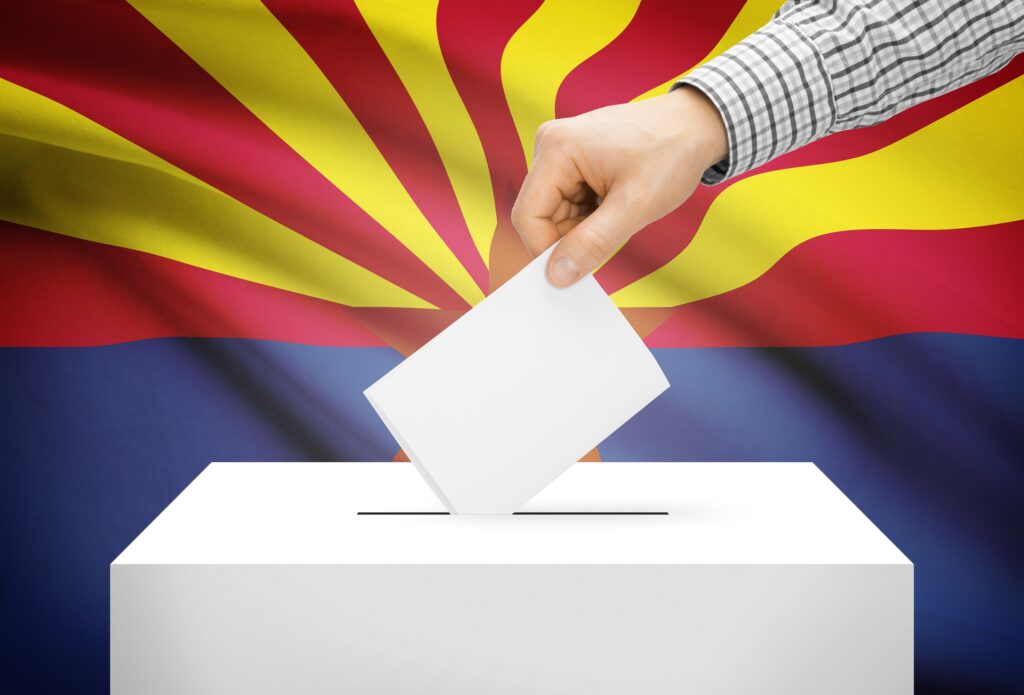Pharmacy Access to Contraception in Massachusetts
Authors
Key Points
Media Contact
For general and media inquiries and to book our experts, please contact: pr@rstreet.org
Background
In Massachusetts, nearly one-third of women of reproductive age use short-acting hormonal contraception such as transdermal patches, birth control injections or birth control pills. The latter are the most popular form of female contraception in Massachusetts, where unintended pregnancy rates are high. In 2011, which is the latest year national data is available, 47 percent of pregnancies in the state were unplanned.
Moreover, as the Massachusetts Department of Public Health has reported, unintended pregnancies in Massachusetts result in costly public health expenditures. In 2010, publicly funded medical expenses associated with 56 percent of unplanned pregnancies in Massachusetts were nearly $358 million; $138.3 million of which was paid for by Bay State taxpayers.











